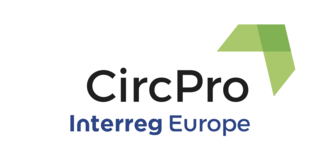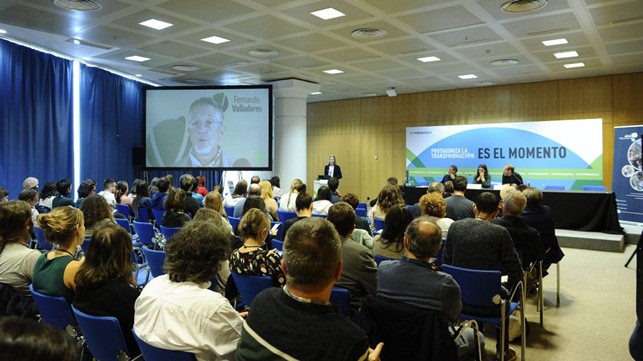As green environmental challenges are increasingly high on the political agenda of the European Union, it is only natural that these challenges are also being addressed more actively in Lithuania. One of the ways in which countries can contribute to sustainability goals is through public procurement. This includes circular, green, and innovative public procurement.
Circular public procurement has not yet been defined in the laws and legal system of the Republic of Lithuania. However, a number of strategies and legal instruments have been developed which, if acted upon smartly, enable circular procurement to be implemented now. Circular procurement, therefore, requires targeted action by contracting authorities: how to achieve this? Circular procurement can be approached through two existing instruments: green procurement and innovative procurement.
Green public procurement in Lithuania
Implementing Green Public Procurement is the first step towards buying better quality products. This approach is the easiest way to implement in assessing a country's public procurement system and is the least resource-intensive, and could therefore be widely adopted by public authorities. Understanding the specificities of green public procurement is an important part of implementing circular public procurement, as both concepts may share the same criteria, evaluation methods, objectives, etc. Having a strong tradition of green public procurement also facilitates the implementation of circular public procurement.
Currently, the National Progress Programme, which is the main strategic document for Lithuania's development until 2030, sets ambitious targets for green public procurement. The principle of sustainable development is identified as one of three key horizontal principles, together with principles of innovation and equal opportunities. One of the key indicators for the success of the implementation of the principle of sustainable development is the progress made in the application of green public procurement. Green public procurement is projected to account for 50% of total procurement in 2025 and 55% in 2030.
Attitudes must change
Another pillar of Lithuania's National Progress Programme is innovative public procurement. Innovation is also explicitly identified as a horizontal priority to be applied in all policy areas. The Programme also sets ambitious targets for innovative procurement, aiming to reach 20% of innovative public procurement of all public procurement by 2030, although currently, it is less than 1% of all public procurement. The aim is to promote the development and application of innovation in the public sector to meet public sector needs and to help new products reach the market.
The role of public procurement is set to change significantly in the coming years. However, in many cases procurement is still seen as an administrative rather than a professional task and much more needs to be done to build the capacity and change the mindset of contracting authorities to use procurement to achieve broader policy objectives and the strategic use of public procurement.
Action plan for the development of circular procurement
Lithuanian Innovation Centre is implementing the international initiative CircPro, which is dedicated to promoting the transition to a circular economy-based national and regional decision-making through supporting circular public procurement. The partners implementing the initiative have identified, through the exchange of good practices and knowledge on public procurement systems in their regions, that one of the main barriers to wider implementation of circular procurement is that most countries do not have definitions of circular procurement in their legal systems.
In order to bring about changes in Lithuania's public procurement practices, Lithuanian Innovation Centre has formulated an action plan with recommendations for policymakers. One of the core recommendations proposed to the Ministry of Environment is to start promoting circularity in public procurement by encouraging the integration of circularity features into the implementation of green public procurement, as this is the easiest way for both contracting authorities and suppliers.
Source: Lithuanian Innovation Centre














